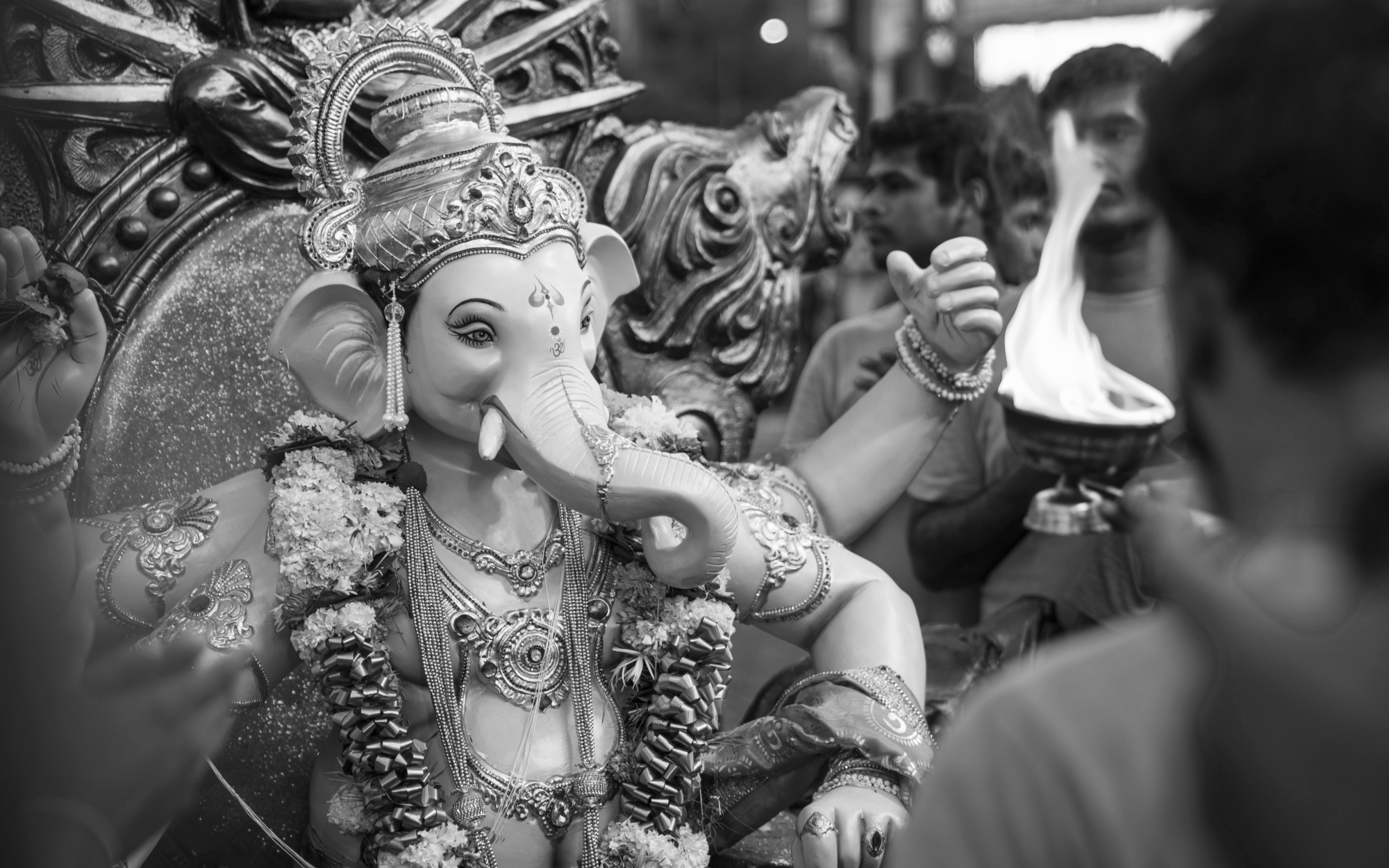First Encounter
Amit was raised in a Hindu family and participated in all the religious customs. As a child he prayed every day. He was sincere but felt a spiritual emptiness. Amit read Hindu writings to try to understand his own religion better. He was taught that beliefs don’t matter because all religions are ways to God. He wanted to find real truth that would lead him to God, but wondered if truth like that really existed.


